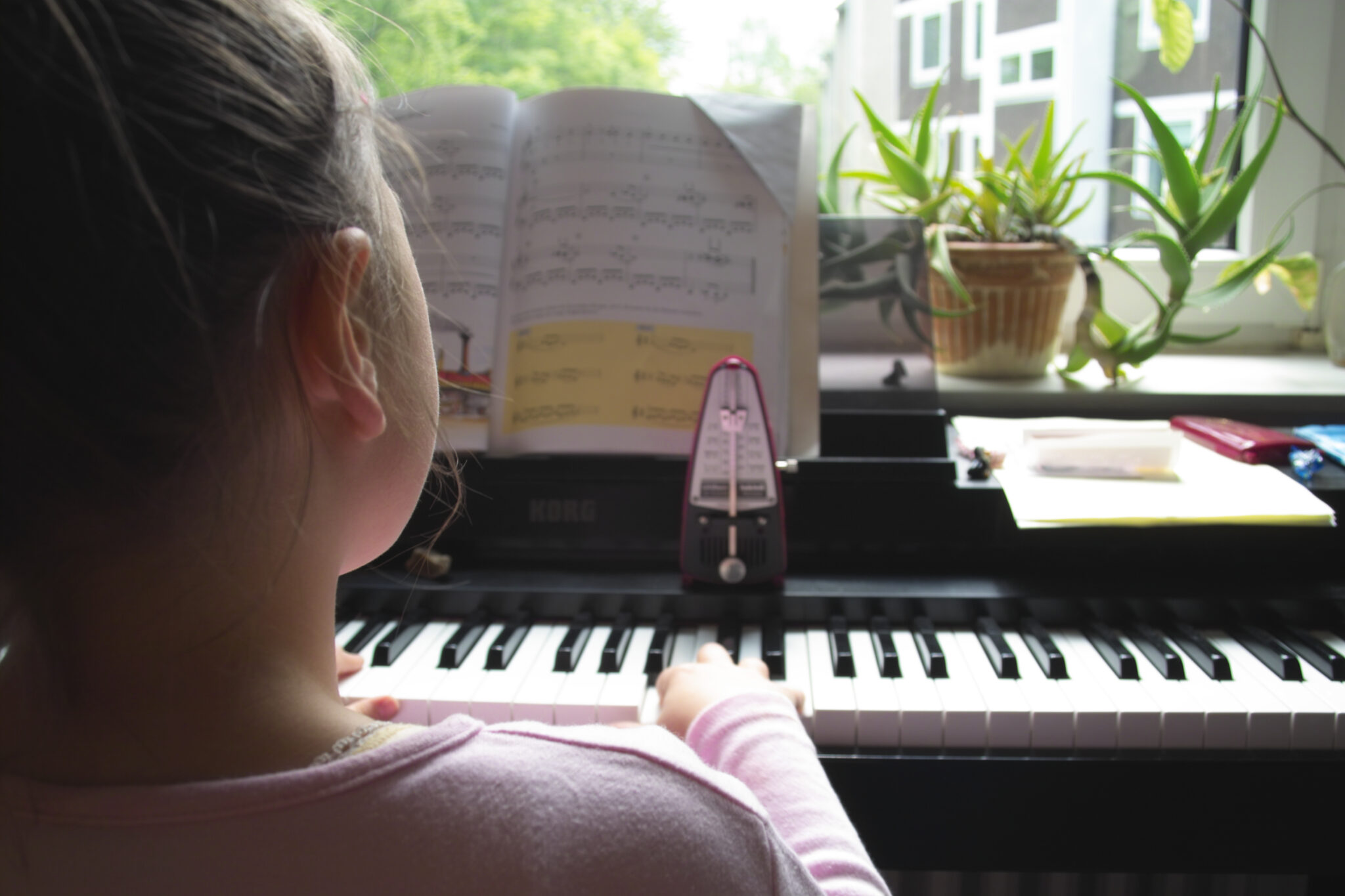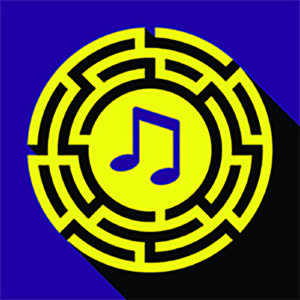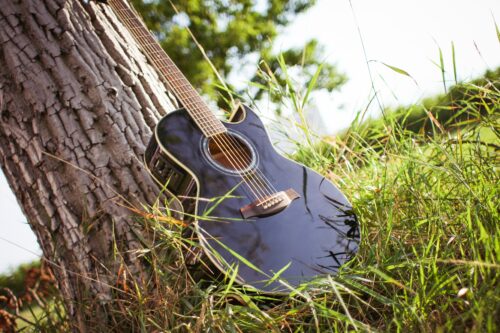
Practical Ways to Build Stronger Musicianship Skills
In more than 30 years as a piano teacher, I have taught students with different physical and mental abilities, learning styles, and musical tastes.
In my opinion, music can be learned, played and enjoyed by anyone; all that is required is hard-work, perseverance and dedication!
Here are 3 GREAT TIPS as you learn to play music:
No matter what level you are at, using a metronome can be a useful tool. Playing in time and understanding the feel of rhythm is satisfying. Most students using a metronome for the first time get frustrated by it; often it is because they are out of time. The constant ticking can be irritating and confusing, but believe me, nothing is more satisfying when you master playing with a metronome. As a teacher, I’ve heard a lot of incorrect rhythms, but it amazes me how students can instinctively know when they are in or out of time. Tricks like writing in the counting, counting out loud, and clapping will help you play the rhythms in time. Eventually, you may hear and feel the rhythms instead of having to mechanically count it out.
Playing scales, triads and arpeggio exercises may seem boring to some but these exercises have so many benefits for the fingers and body in general. Focusing on how your body and your fingers move correctly can teach you how to play with accuracy and minimal stress to the body. Using the metronome and playing technical exercises can elevate your musicianship with the ability to play faster and with better control.
Read Notes and
Get to Know Chords
Some students read a little music, some read quite well, and some play-by-ear who don’t read at all. I believe that learning how to read notes is a great asset. It opens your world to music that maybe too hard to learn by ear. I personally love learning arrangements by other musicians, taking their ideas and incorporating them into my own playing. A good piece of sheet music outlines notes, harmony and chord structure and shows you how these ideas were formed!



